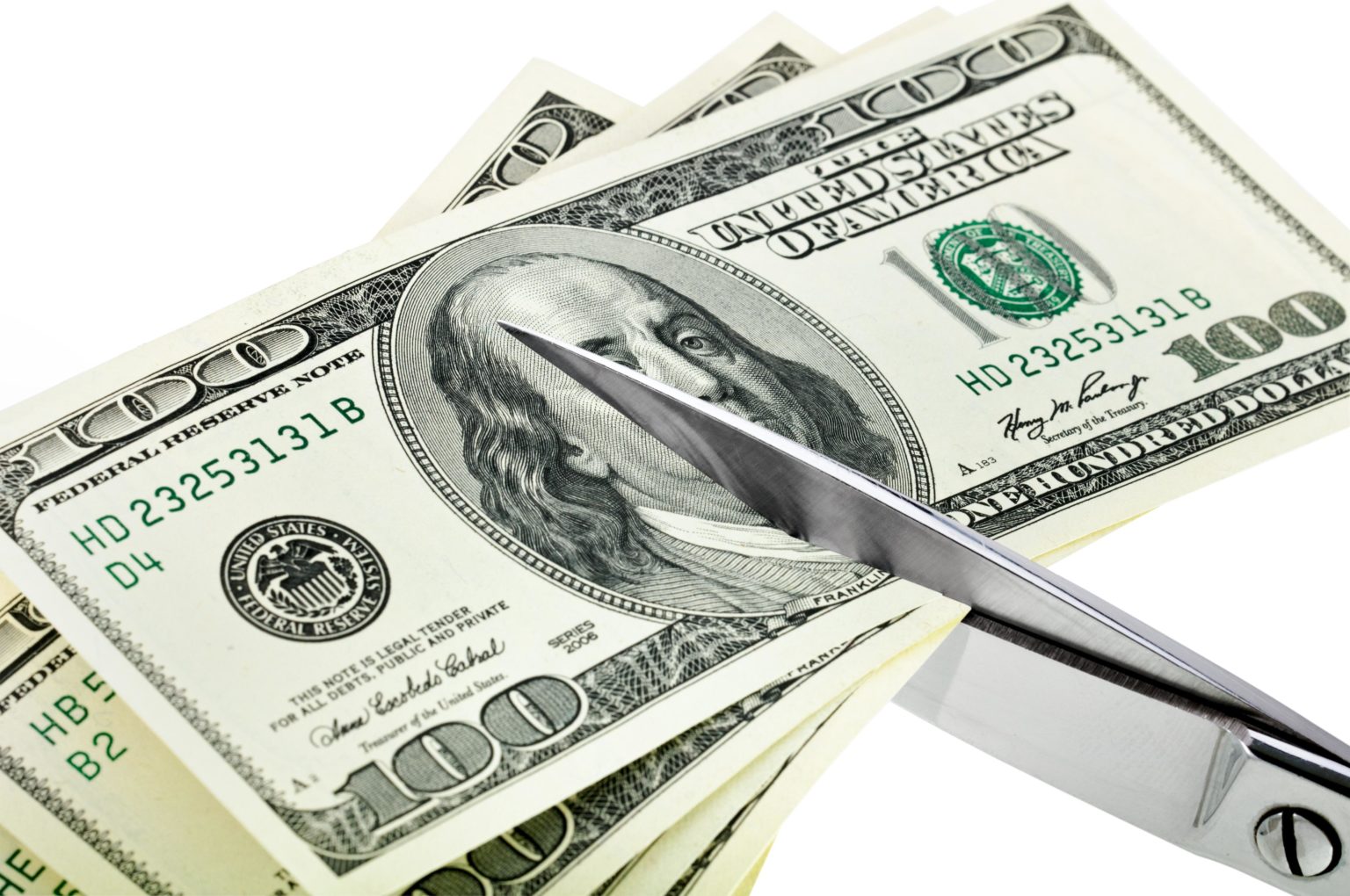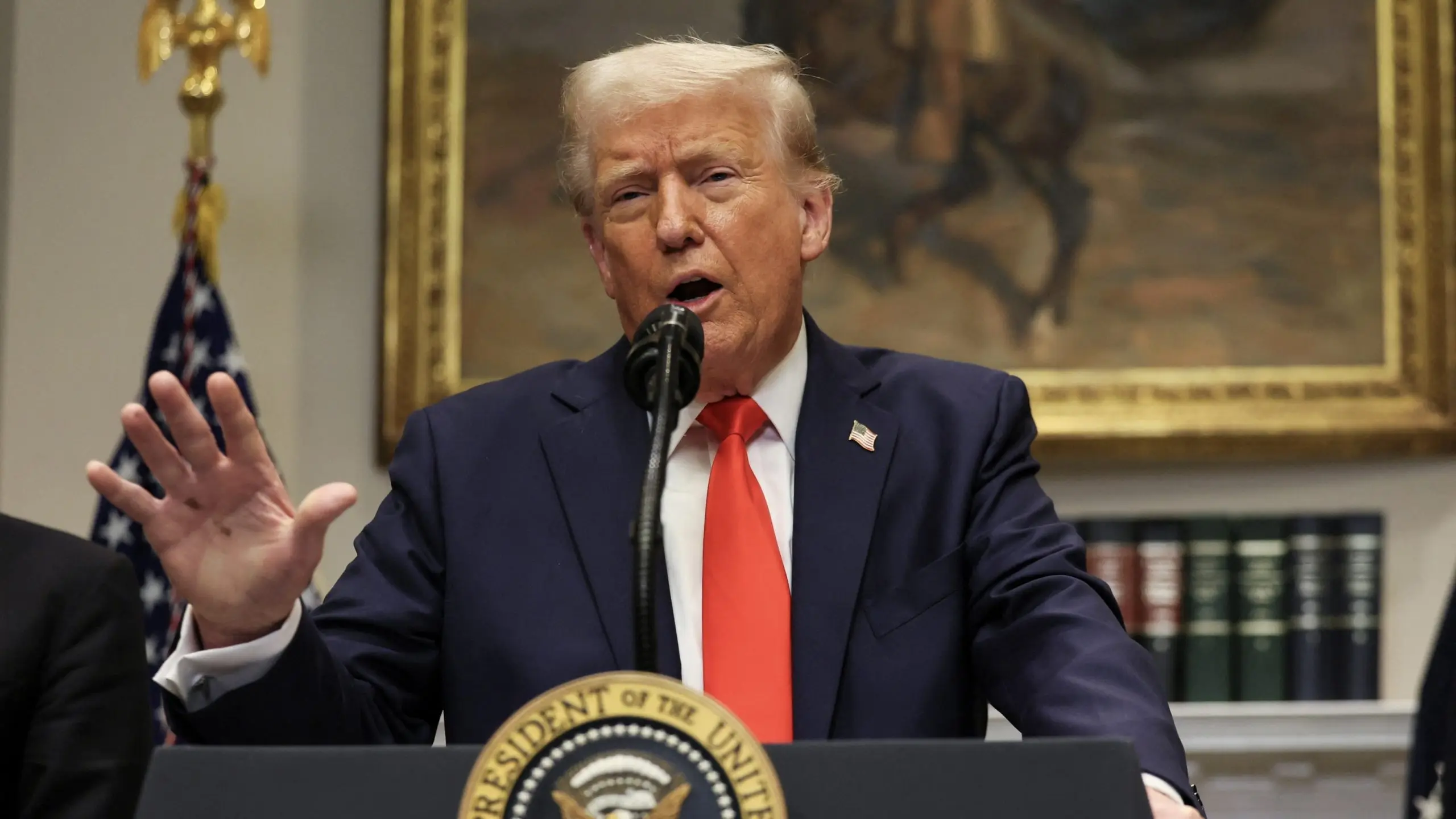
At present some countries threatened by the United States’ financial hegemony have quietly been developing barter trading such as “oil for gas” and “tea for oil,” aiming to break free from the control of the dollar.
At the same time, the latest edition of the International Capital Flows report released by the U.S. Department of the Treasury shows that as of May this year, the largest overseas holders are reducing their holdings of U.S. Treasury bonds.
Many Countries Promoting ‘Barter’ to Escape Control of the Dollar
As well as reducing holdings of U.S. debt and using their own currencies for cross-border settlements, a number of countries that are heavily threatened by the dominance of the dollar are also trying to find other ways to break free of its control.
Recently, many parts of Iraq have been hit by a heatwave, with some areas experiencing temperatures approaching 122 degrees Fahrenheit. However, due to U.S. sanctions blocking the import of natural gas, Iraq’s electricity supply is critically inadequate and large numbers of people are struggling to survive in such scorching temperatures.
Iraq’s Prime Minister Mohammed Shayya’ Sabbar al-Sudani recently announced that after days of negotiations, Iraq had reached agreement with Iran on exchanging crude oil for natural gas, thereby bypassing U.S. sanctions against Iran and improving Iraq’s domestic power supply.
Various media reports suggest that one-third to 40% of Iraq’s electricity supply comes from Iran, including direct imports of electricity as well as imports of Iranian natural gas for power generation. As a result, with the arrival of the summer months with their high temperatures and a surge in electricity demand, it is crucial to secure these Iranian gas imports, which are critical to the lives of Iraq’s people.
However, due to U.S. sanctions on Iran’s oil and gas sector, Iraq cannot make direct payments to Iran. Iraq needs to make a payment into a U.S.-designated bank account and get U.S. approval before it can be transferred to Iran. At the same time, Iran’s withdrawals are also restricted and can only be used to import goods that are not subject to U.S. sanctions.
Farhad Alaaldin, an adviser to Iraq’s prime minister on foreign affairs, has said that the complicated U.S. approval process has led to Iraq having to delay payment many times, with the Iranian side unable to get the money. As a result of the delays in the United States approving transfers, Iraq’s debt to Iran has grown to about $12.1 billion. Iran has no other option but to regularly reduce or even stop the supply of gas to Iraq. The Iraqi people and their welfare have become victims of U.S. unilateral sanctions against other countries.
Experts believe that the “oil-for-gas” agreement reached between Iran and Iraq is an attempt to circumvent U.S. financial sanctions. The use of sanctions as a weapon by the U.S. threatens global economic stability and people’s well-being. In the long term, it will gradually weaken the dominance of the dollar.
The Concept of ‘Tea for Oil’ Has Also Emerged in Response to the Threat of U.S. Financial Dominance
Sri Lanka recently announced that it will soon reach a barter trade agreement with Iran, exchanging tea for $250 million owed for oil, thus conducting the deal independent of the dollar.
In addition, Pakistan has recently announced proposals to open barter trade with Russia, Afghanistan and Iran. Pakistan’s Federal Minister for Commerce Syed Naveed Qamar stated that such deals can reduce Pakistan’s reliance on foreign currencies such as the dollar.
A recent article on the Modern Diplomacy website quoted analysts as saying that the sanctions imposed by the United States on many countries seem to be “hastening the end” of the era of the “petrodollar.”
According to U.S. magazine International Banker the momentum of “de-dollarization” around the world should not be surprising, considering that about a quarter of the world’s population has suffered from the direct impact of U.S. financial sanctions.
‘The United States Has Always Used the Dollar as a Weapon’
Although the dollar is still the main international currency, many countries have begun to reduce their reliance on it due to changes in the U.S. economy and international financial conditions. This has been particularly so since the imposition of U.S. financial sanctions on Russia following the escalation of conflict between Russia and Ukraine.
According to the latest U.S. Treasury report on international capital flows, as of May this year Japan and the United Kingdom held U.S. debt of $1.0968 trillion and $666.6 billion respectively, which is a reduction of $30.4 billion and $14.1 billion from April’s holdings. Japan’s reduction was the largest since October.
According to a survey report published in June by the Official Monetary and Financial Institutions Forum, the proportion of central banks planning on raising their euro holdings will increase in the next two years compared to the previous two. At the same time, looking to the long term, the demand for the yuan by the central banks of multiple countries will also increase significantly. The survey covered 75 central bank reserve managers around the world.
Many economists from different countries have said that the United States has used the dollar as a weapon, abusing its financial dominance and exacerbating risks to the world economy. Now “de-dollarization” has become a financial trend.
French economist Philippe Waechter has said critically that “the United States has always used the dollar as a weapon. The U.S. does what it wants and other countries solve the trouble caused by it.”
As Russia’s Foreign Minister Sergei Lavrov has said, settling transactions in local currencies will promote the recovery of the world economy, international trade and investment. Using local currencies for settlements is practical and an inevitable choice for the future.
Shop For Night Vision | See more…
Shop For Survival Gear | See more…
-
Sale!

Stainless Steel Survival Climbing Claw Carabiner Multitool Folding Grappling Hook
Original price was: $19.99.$9.99Current price is: $9.99. Add to cart -
Sale!

Quick Slow Release Paramedic Survival Emergency Tourniquet Buckle
Original price was: $14.99.$7.99Current price is: $7.99. Add to cart -
Sale!

Tactical Camo Nylon Body Armor Hunting Vest With Pouch
Original price was: $49.99.$39.99Current price is: $39.99. Select options This product has multiple variants. The options may be chosen on the product page

















































